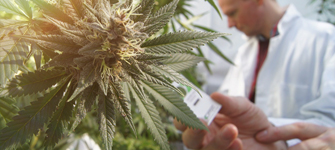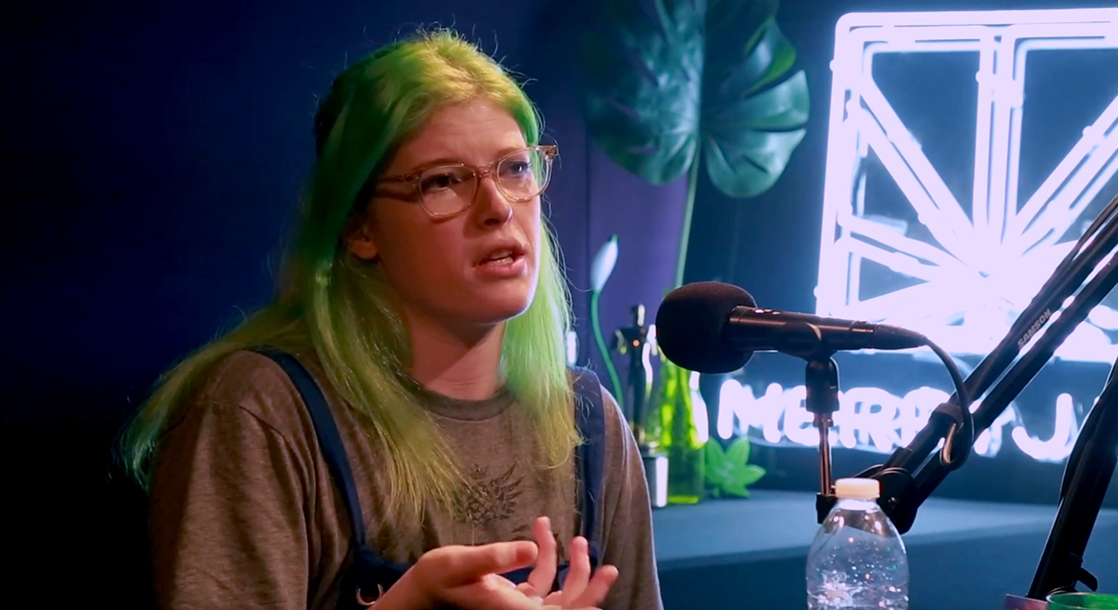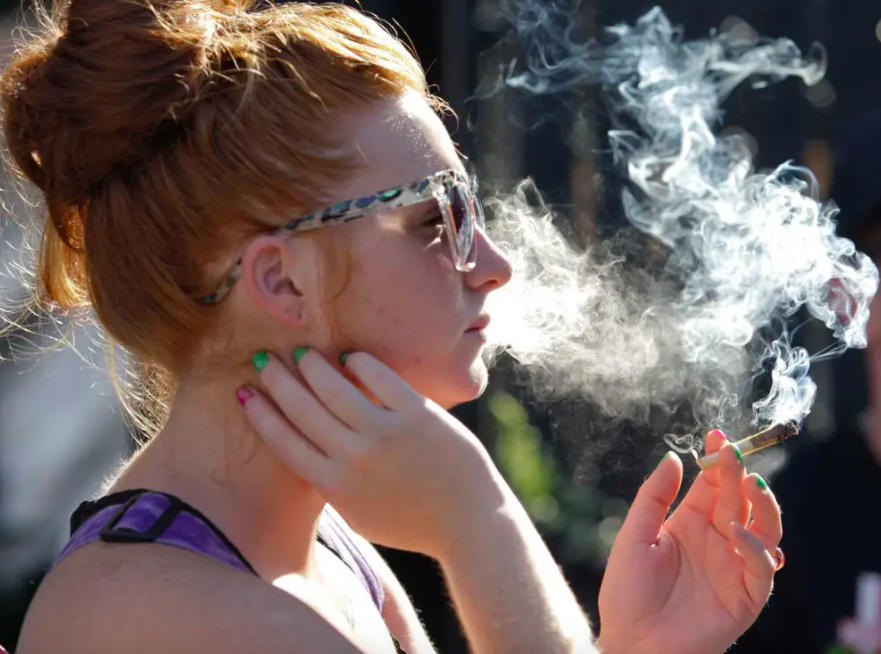Who says potheads can’t be ambitious? The stereotype of potheads as unmotivated slackers is outdated, at best. From Olympic athletes to international musician superstars, countless folks enjoy a good toke (or three) while achieving professional greatness. Our medical professionals are no exception and, though marijuana use possesses a stigma in the medical industry much as it does elsewhere, there is a similar proportion of doctors who enjoy herb as in any other sector of society.
Daily life
Doctors have high expectations placed on their performance, both from their superiors and their patients. So, just how does it feel to be a pothead who wears the white coat? To get a better glimpse of what life is like for our pothead doctors, I sat down with two, whom we’ll call James and Kevin. Through a laughter-filled, slow-paced conversation, we got down to the root of what two California doctors experience as daily smokers.
James and Kevin both started smoking in college, continuing right through medical school. For James, getting high was an everyday occurrence. Kevin needed to take a couple of breaks to cope with periods of “all-day studying – it was like, the whole straight day. You’d wake up, finish lectures, and study until bedtime, except for meal breaks.” Kevin mentioned that, “I wouldn’t really wanna read after a residency day, I’d just want to smoke and chill out.” For James, smoking definitely took place after labs and clinics, not beforehand, but his specialty required only 2-4 hours a day of studying, which allowed ample time for smoking after the day’s work was done.
Through a doctor’s lens:
While James prefers a Sativa hybrid, enjoying an energetic, yet mellow high, Kevin is more of an Indica guy. Both prefer bong rips, but, as doctors, they acknowledge the damage they are doing to their lungs. James is making the switch over to a vaporizer, but only for his lung health: “I like bong rips; I don’t want to vape for any other reason than my lungs.” And Kevin agrees, “Yeah, that’s a good idea, I should get one of those.” To which James replies, “I mean, it only makes sense to.” The two launch into a debate on how many of the particles vaporizing removes and smoking’s impact on lung health, and assess whether James may have already damaged lung tissue or has early symptoms of COPD, before Kevin mentions a pulmonologist colleague whom he’s seen puffing on cigars at parties. We digress…
Looking out for their health and best interests takes on other forms, too. Both doctors need to keep a tight lid on their habit at the workplace. When asked if his coworkers know he smokes, James immediately replies, “It’s better not to talk about it. I basically look as straight-edge as possible.” Kevin says that his fellow residents and peers knew about his habit at a certain point, but when asked if he now, as a full-fledged doctor, prefers to protect his identity from the stigma of being a pothead, he gives an emphatic, “Yeah, oh god, yeah,” and James heartily concurs. But smoking under the radar is pretty easy right now. As James says, he just needs to avoid, “showing up so ridiculously obviously high, which I would never do – it just makes no sense.” Their white coat provides them a pinch of immunity, too. James points out that, “It would really take a lot to approach and suggest to a doctor that they’re high. It’s like a respect thing, too.”
Their white coat immunity from accusations only extends so far. Asked about the current legal status of marijuana, James felt like, “this is the best possible situation for doctors,” because workplace regulations around a legal substance would mean more invasive testing. Kevin begged to differ, stating that, “it’s still pretty illegal in that if they found out I was smoking, they could just fire me. I had to take five weeks off to pass a drug test.” On top of that, doctors are constantly judged by a double standard: even pothead patients are wary of a pothead doctor. James empathizes, stating, “I mean, it’s appropriate, I don’t want a doctor who smokes – that’s fair enough,” while Kevin believes it depends on the circumstance. And being a pot doctor? Both disdained the notion. James felt, “It wouldn’t really be fulfilling, just easy cash.” Kevin admits he, “used to think about that sometimes,” but felt his tarnished reputation would outweigh any financial benefit.
The Docs agree: Pot isn’t harming their capacity in the workplace
Concerns over legal persecution aside, James and Kevin agreed that smoking simply does not impact their work. James pointed out that he may, “put the wrong date on a prescription. But if someone has a fucked up eye and that’s what I’m evaluating, it’s not like I’m forgetting that they have a fucked up eye. It’s not like I forget what to do.” He gauged the workplace-related impact of his marijuana use as contributing to minor inconveniences at most, stating, “maybe it’s true if I didn’t smoke there’d be a few less times that they’d have to wait five minutes while I re-write a prescription with the correct date.” Kevin echoed that, “No, I don’t think it’s affected my work – I don’t think I make errors. Like, maybe it becomes a little harder to remember a word once in awhile. But yeah, not the big decisions.” Over an end of a long workday session, the two doctors agreed that while marijuana is their favorite relaxation tool, when it comes to being a doctor, “it hasn’t affected anything.” If our doctors wish to prescribe themselves marijuana, then who are we to judge them?











